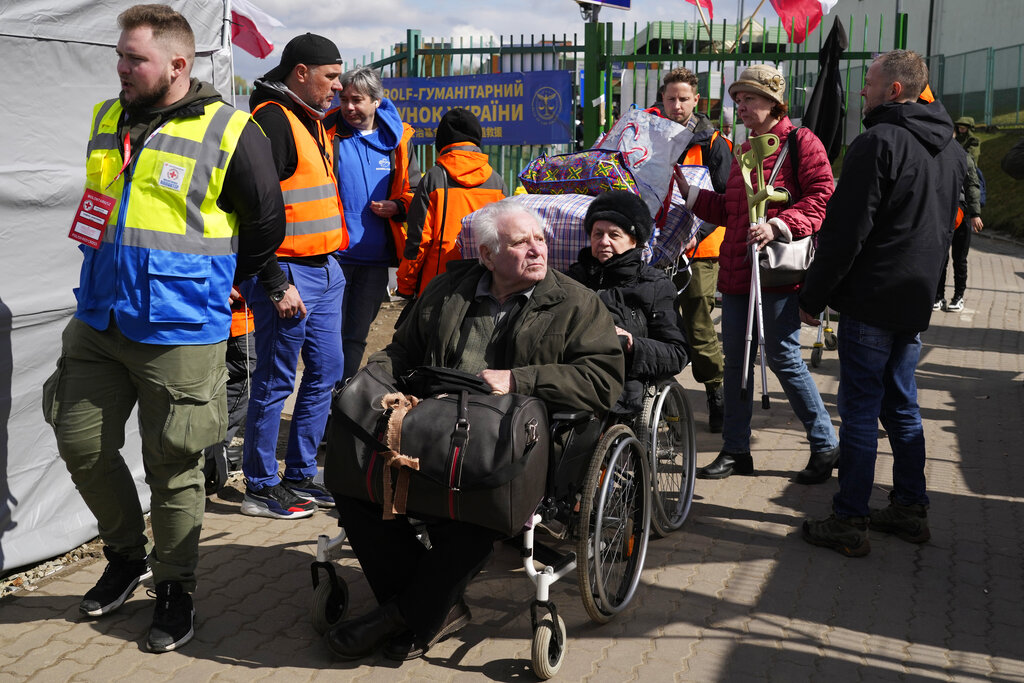Poland’s Minister of Infrastructure Andrzej Adamczyk has hit out at the extent of EU funding on offer for member states hosting refugees from Ukraine, describing the level of financial support as “pathetically low.”
In an interview for TVP Info, Adamczyk reminded viewers that Poland has applied for support of €11 billion and that that amount would effectively also help Ukraine.
“It is about supporting Ukraine, which is why it is embarrassing. The rhetoric of the leaders of EU countries includes slogans and words: ‘Let’s help Ukraine,’ and when it comes to it, it turns out that they forgot their wallets,” the minister told the Polish broadcaster.
He pointed out that the requested EU funds would not be added to the country’s budget but would be used to aid refugees.
The European Commission however has to date decided to provide just €248 million to the five member countries which have suffered considerable costs since the beginning of the Russian invasion by taking in millions of Ukrainian refugees. The top countries to receive the aid are Poland, Romania, Hungary, Slovakia, and Czechia.
“Member States can use these funds to provide immediate assistance such as food, transport and temporary accommodation to people fleeing the Russia’s unprovoked invasion of Ukraine, while also increasing their capacity to manage the EU’s external borders,” a statement from the European Commission released on Wednesday read.
Since the start of Russia’s aggression, more than 3,420,000 Ukrainians came to Poland. It is estimated that 2.5 million of them have remained in the country. Together with the Ukrainians who worked in Poland previously, the total amount of Ukrainians now in the country is approximately 3.5 million.





